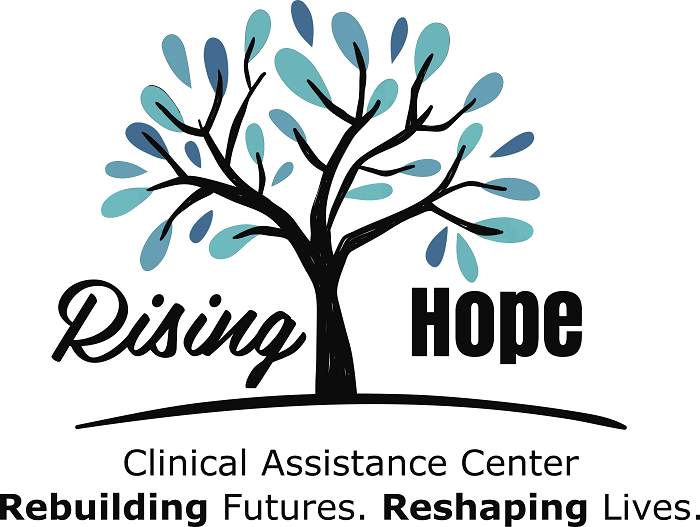Talk to your primary care doctor about your symptoms; or seek help directly from a mental health professional. If you’re reluctant to see a mental health professional, reach out to someone else who may be able to help guide you to treatment, whether it’s a friend or loved one, a teacher, a faith leader, or someone else you trust.

Rising Hope Clinical is a leader in behavioral healthcare for the southeast and the surrounding region. We provide comprehensive, high quality, cost effective treatment, rehabilitation, advocacy and support for recovery, primarily to persons most in need, to enhance the quality of their lives.
+ 888 446 7301
info@rhclinical.com
510 Northgate Park, Winston Salem, NC 27106
Recent Posts
- 20 Mental Health Facts to Know in 2020 May 4, 2020
- 4 Myths About Developmental Disabilities March 10, 2020



